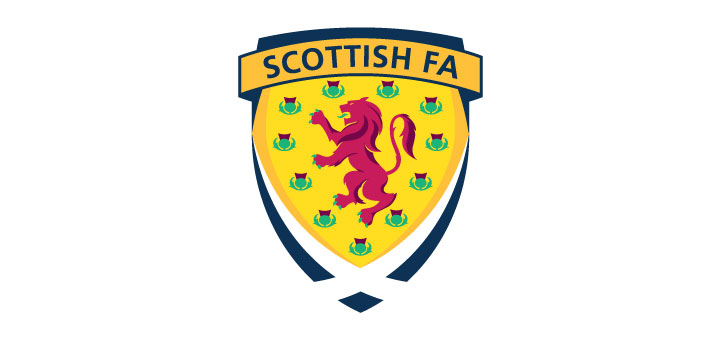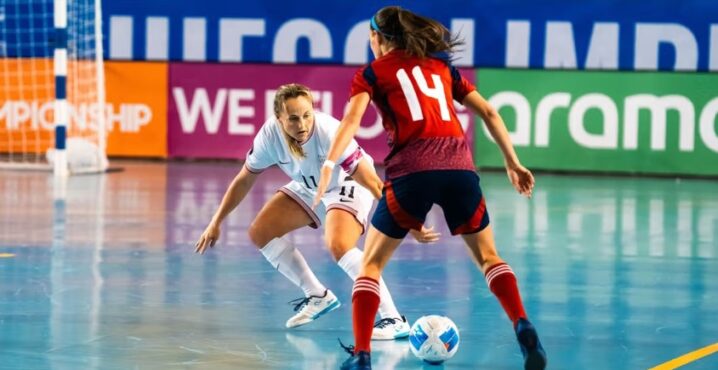Estimated reading time:4 minutes, 9 seconds
Scotland this Wednesday evening will take their next step in their Futsal development with their first home Futsal international against Gibraltar and both matches will take place at the Bells Sports Centre in Perth
Scotland this Wednesday evening will take their next step in their Futsal development with their first home futsal international against Gibraltar and both matches will take place at the Bells Sports Centre in Perth. The national futsal team, which was only formed last year, now comes under the Scottish Football Association’s Performance umbrella, headed by Brian McClair, a development which Mark Potter the national team’s head coach told the BBC,
“would suggest the performance department sees futsal as having its own niche. By providing an aspirational forum for young players to grow into, hopefully, we attract more people to the sport.”
For many in the Futsal industry the BBC article will be very frustrating as it is focused mainly on how Futsal can develop Football players and benefit the Football industry rather than being developed to benefit Futsal which should be the aims of every association looking to get involved in Futsal. However, this outlook is only for now, as the sport grows its popularity and growth will see the sport being treated as a sport in its own right. However, the Scottish FA are working hard to develop the sport and give people the opportunity to play.
Futsal has benefitted from a number of initiatives that has strengthened the sport at all levels: the organisation of the first-ever Scottish Futsal Cup, the continuing development of coach education courses, and the commitment to entering the Scotland National Futsal Team into the 2017 European Championships highlight the work being done at all levels of the game.
The Scottish Futsal League [SFL] is now well-established as the partner of the Scottish Amateur FA to develop and manage the national adult league structure for Futsal. There are currently 6 regional leagues – Aberdeen, Dundee, Perth, Stirling, Edinburgh and Glasgow – with around 60 registered teams. The winning team from each regional competition qualifies for the SFL National Finals, held in May. Five city clubs – Aberdeen, FC Polonia Dundee, FC Santos Perth, Stirling University and Wattcell Edinburgh – participated in the 2015 finals.
The winning team from the National Finals, which were held over two days, then enters the UEFA Futsal Cup as Scotland’s club representatives.
Each of the leagues has its own cup competitions, in addition to the normal league programme, but the Scottish Futsal Cup signifies another step forward into the mainstream sporting community.
With initial rounds played in sections, North and South, teams from across the country have the opportunity to play against opponents they would not normally meet, as well as the challenges of travel, home advantage, player availability and all that goes with the romance of the cup.
The Scottish FA continues to present regional “Introduction to Futsal” coach education courses and is currently working on a more advanced “Level 2” course for coaches As the game grows, and the number of teams and players increases, so the opportunities for further competition develops and in order to improve those involved a clear development structure is required.
The Scottish FA has embarked on a wide range of coach education opportunities, culminating in June with representation at the UEFA Futsal “B” Licence coach educators course in Belfast. The long term aim would be to present a UEFA B Licence in Scotland.
In January 2015, Scotland entered the first-ever futsal national team into the European Championships.
This was again a landmark occasion, demonstrating a clear commitment from the governing body for the sport in Scotland that they were ready to join the wider Futsal International Family.
The team was developed over a short period of time, but allowed those involved the opportunity to experience everything that goes into preparing and participating at this level. While the results can improve, the team grew in confidence throughout the tournament.
The player identification programme, player development coaching and match preparations are now underway with players from amateur, semi-professional and senior clubs.
The cohesion of the three programmes highlighted above is key to the long-term stability of Futsal in Scotland.
The biggest challenge remains developing a place for Futsal in the sporting consciousness of the nation, but with grassroots development and routes for the very best Scottish Futsal International and play at the highest level, there are clear indications that Scotland is recognising Futsal for all its positive impact on players, young and old.
If you like the information provided, you can read more articles about International Futsal by going to the top bar navigation or click here
If you like this article and would like to keep updated on Futsal news, developments etc then please submit your email below in the Newsletter section or by clicking on the Subscribe to Futsal Focus option on the header.
Follow Futsal Focus by clicking on Facebook, Twitter or Instagram or on the social media buttons on the right sidebar.

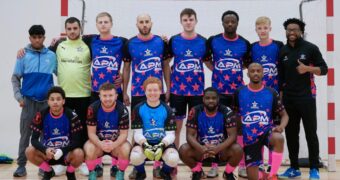


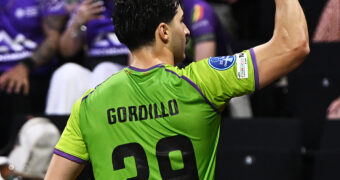
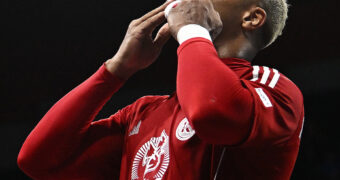

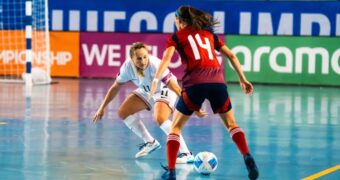

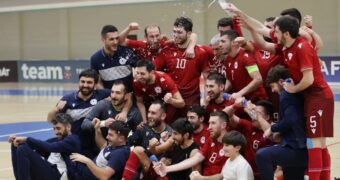
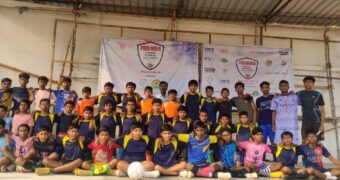





![Validate my RSS feed [Valid RSS]](https://www.futsalfocus.net/wp-content/uploads/2020/01/valid-rss-rogers.png)

